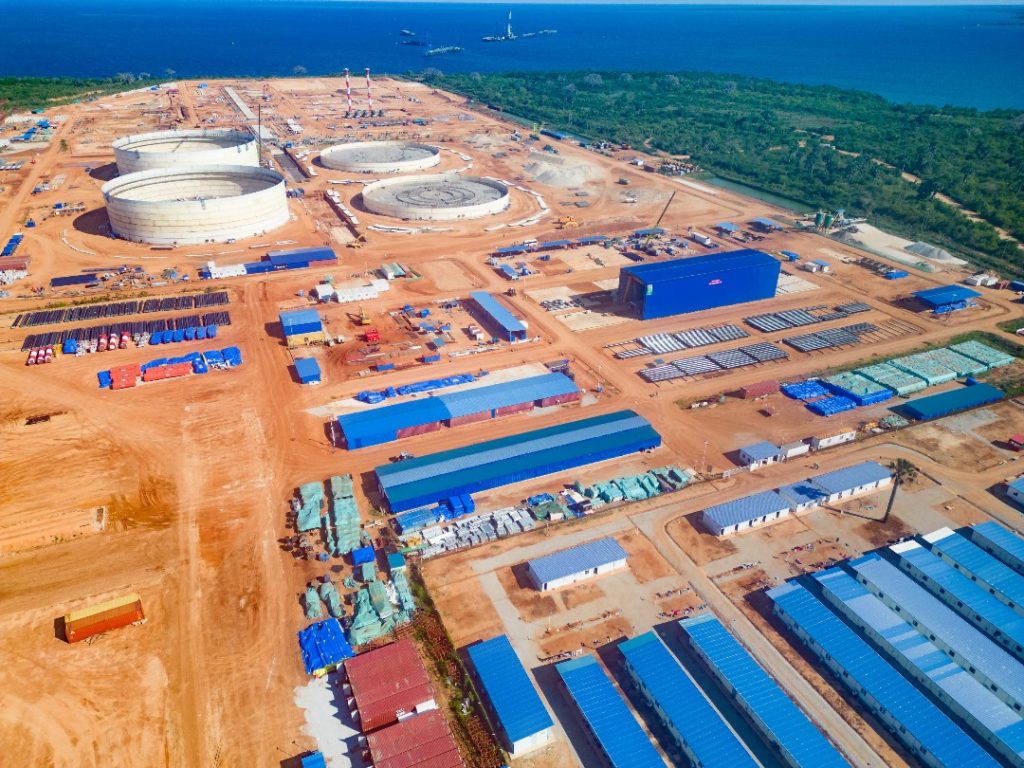Uganda is making strategic moves to attract investment from Oman, aiming to accelerate growth in its oil and gas sector. This initiative aligns with the upcoming East African Trade and Investment Expo (EATIX) in Oman, a key platform for fostering international partnerships and unlocking new opportunities.
As part of this effort, the Uganda National Oil Company (Unoc) is actively engaging with Omani investors known for their expertise in the energy sector. By tapping into Oman’s strong track record as a net oil producer, Uganda seeks to enhance its own capabilities, secure crucial funding, and drive sustainable development.
“We had a very productive meeting with Unoc, and there was significant interest from the Uganda Investment Authority as well,” said Mr. Inga Atamba Kutesa, the honorary consul of Oman in Uganda, in an interview with Sunday Monitor on January 22.
“Oman’s vast experience in oil and gas offers more than just financial support; it presents an opportunity for knowledge transfer, capacity building, and industrial expansion in Uganda,” he added.
Strengthening the East African Crude Oil Pipeline (EACOP) Project
Uganda’s proactive approach comes at a crucial time for the East African Crude Oil Pipeline (EACOP) project, which has already secured $2.6 billion in equity funding. The project, spearheaded by TotalEnergies, China National Offshore Oil Corporation (CNOOC), and the governments of Uganda and Tanzania, is gaining momentum, with an additional $500 million (UGX 1.8 trillion) injected by shareholders to ensure steady progress.
At the Uganda International Oil and Gas Summit in November, Energy Minister Ruth Nankabirwa reaffirmed the government’s commitment to achieving financial closure. The additional funding has pushed shareholder financing to 52 percent, surpassing the initially planned 40 percent—an encouraging sign of investor confidence.
Oman’s Investment Potential: A Game Changer
The upcoming EATIX in April presents a golden opportunity for Uganda to showcase its economic potential to Gulf investors. Analysts predict the expo could attract over $25 billion in investments, benefiting key projects such as the Kabale Industrial Park and petrochemical ventures.
“This is about more than just financial capital,” said Mr. Kutesa. “Oman’s investment will bring in advanced technology and expertise, helping Uganda expand its industrial capabilities in areas like plastics, lubricants, and petrochemicals.”
Meanwhile, TotalEnergies has reinforced its commitment to Uganda’s oil sector, investing an additional $400 million (UGX 1.5 trillion) to secure a dominant 62 percent stake in EACOP. Uganda and Tanzania have also increased their contributions, each adding $45 million (UGX 164 billion) through their respective state entities.
Overcoming Challenges, Advancing Development
While financing remains a challenge, Uganda’s oil sector is pushing forward with ambitious goals. The government remains focused on aligning the progress of EACOP with upstream developments at the Tilenga and Kingfisher oil fields, which are set to commence production this year. Rapid construction efforts are underway, with developers aiming to install 100 kilometers of pipeline per month.
Once completed, EACOP will transport 230,000 barrels of oil per day, connecting Uganda’s oil-rich Albertine region to Tanzania’s port of Tanga. This milestone project is expected to transform Uganda into a key player in the global energy market.
Diversifying Beyond Oil
Uganda is also expanding its economic strategy beyond oil, leveraging Oman’s $30 billion import market to boost trade in agriculture, tourism, mineral development, and science and technology. By positioning itself as a major supplier of export produce, Uganda aims to tap into new revenue streams and drive broader economic growth.
With strong international partnerships, strategic investments, and a commitment to innovation, Uganda is on the path to becoming an economic powerhouse in the region. The collaboration with Oman marks a significant step forward in realizing this vision, setting the stage for a prosperous and sustainable future.


